Society

Image: Collected
The Good Friday Agreement, which brought peace to Northern Ireland, was signed 25 years ago. Although every conflict is unique, differentiated by cause, duration, outside support, and many other factors, some lessons from the process that led to the accord are discernible and worth discerning.
Twenty-five years ago, I, along with Irish Prime Minister Bertie Ahern, US President Bill Clinton, and the leaders of Northern Ireland's four main political parties, presented what became known as the Good Friday Agreement (GFA). That accord resolved a conflict that had caused thousands of deaths and untold grief and destruction for decades, arguably for centuries.
The peace, like the political institutions to which the GFA gave rise, was imperfect and fragile, and it remains so. But compare Northern Ireland today with how it was a quarter-century ago, and you can legitimately call what has been achieved a transformation. The peace has held, the economy has doubled in size, and Belfast, a city which used to be dressed in barbed wire and covered with military patrols, is now a thriving European city with a burgeoning technology sector and a bustling night life.
So, we have grounds for cautious celebration on this anniversary. It is hard to think of another truly successful peace process in recent history.
I am often asked whether there are lessons from the GFA for conflict resolution elsewhere in the world. The reality is that every conflict is unique, differentiated by cause, duration, outside support, and many other factors. Nonetheless, some lessons are discernible and worth discerning.
First, peace cannot take root without an agreed framework seen by both sides as conceptually fair. In the case of Northern Ireland, the core part of the GFA was the so-called principle of consent: those who want a united Ireland must accept that the North should remain part of the United Kingdom for as long as a majority there wish it. This was a big concession to Northern Ireland's Unionists.
In return, Unionists accepted the principle of equal and fair treatment for the nationalist, predominantly Roman Catholic community, underpinned by new institutions in areas like policing and justice, and by the recognition, through cooperation with the Irish Republic, of the nationalist aspiration for unity of Ireland.
But the moribund Israeli-Palestinian peace process, based on the so-called two-state solution, shows that a framework alone is insufficient. Second, therefore, a peace process needs constant attention by those involved. An agreed framework is just a beginning. It is the roadmap, not the destination.
Achieving peace requires time, patience, creativity, and dogged, never-ceasing determination. Peace processes are exactly that: a process, not an event. So, we spent long years - nine in total - on implementation, with many crises, setbacks, and stumbling blocks along the way. Any one of them could have shut down the process had we not kept at it.
Third, negotiators must be unafraid to seek outside help. "No one really understands our dispute like we do," they say. That is correct, but sometimes not understanding the dispute like they do holds the key to resolving it. The interventions by Clinton and US Senator George Mitchell, and the subsequent visit to Northern Ireland and support for the process by President George W. Bush, came at points that were instrumental for ensuring structures of financial and political support. The European Union, too, was always looking for ways to help, and the EU's flexibility in the face of the recent Brexit-related turmoil in Northern Ireland is another classic example of external assistance helping to overcome internal tension. So, don't fear outsiders; use them.
That of course requires a fourth component: exemplary leadership. The peace in Northern Ireland would never have happened without it. Leaders had to be prepared to tell their supporters uncomfortable truths, take the criticism, and bear the shrieks of betrayal. Time and again during the process, there were moments when the easiest thing to do contradicted the right thing to do. Fortunately, we had leaders willing - often at great personal cost - to take the right path, not the easiest one.
Fifth, a successful process is more likely if those who are engaged in it have confidence in one another. I always tell students that politics is personal; it's a people business. Because there are so many tricky issues to resolve, because the politics of each person may point in different, if not opposite, directions, you must be able to have conversations that are open, frank, and strategic.
Your partner in the process has a problem? See it from their angle. Discuss it. Find a solution together. Friendship may be too hard to achieve, but partnership isn't.
Sixth, all parties must recognize that the conflict will have given rise to the deepest mistrust. Striking an agreement is not the same thing as developing trust. The first is formal. The latter is emotional. So, acknowledge it. Seeking ways to build confidence is an investment that will pay the richest dividends.
Finally, never give up. People are so cynical about politics, usually because they see little change in their daily lives. But step back a moment. The broad sweep of history is like an impressionist painting: what looks like a blur up close reveals itself at a distance.
With the distance of 25 years, we can see that the GFA brought real, far-reaching change. Many living today are the beneficiaries of it. Whether they know it or think about it doesn't matter. What matters is that it was done.
From Project Syndicat






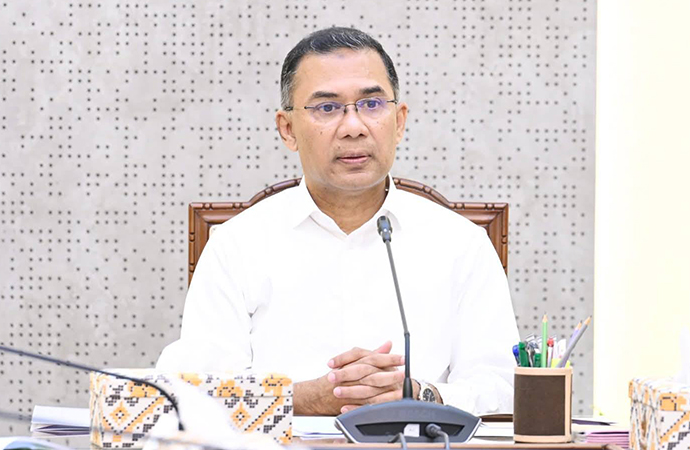
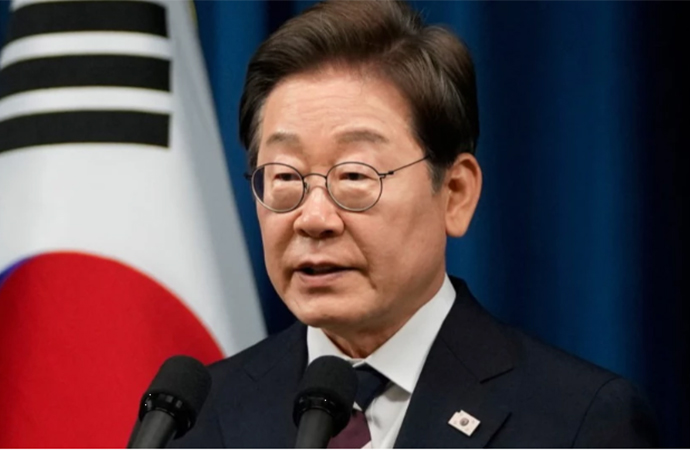
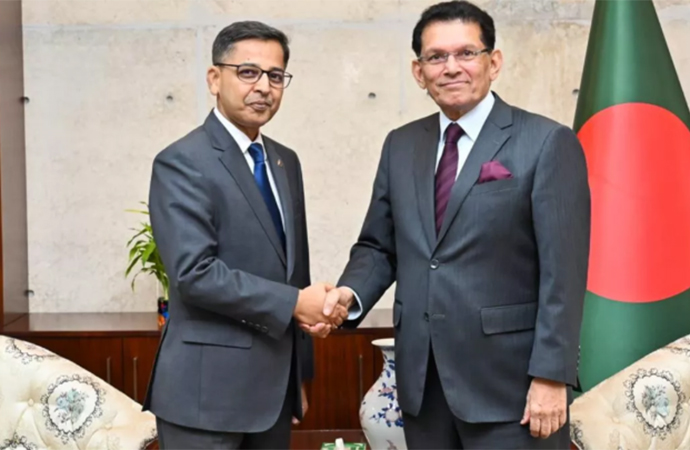
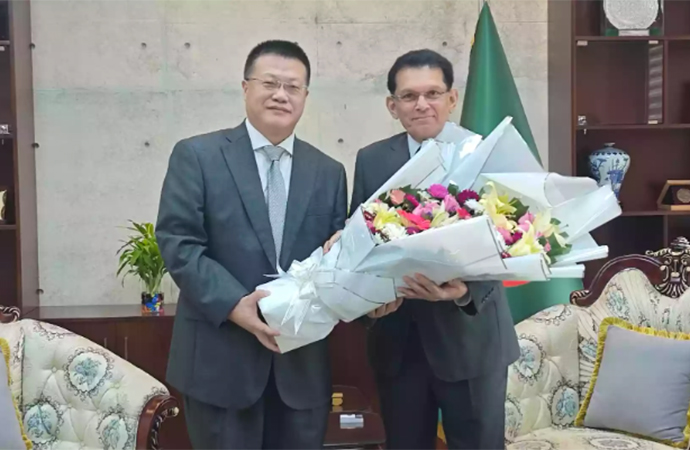
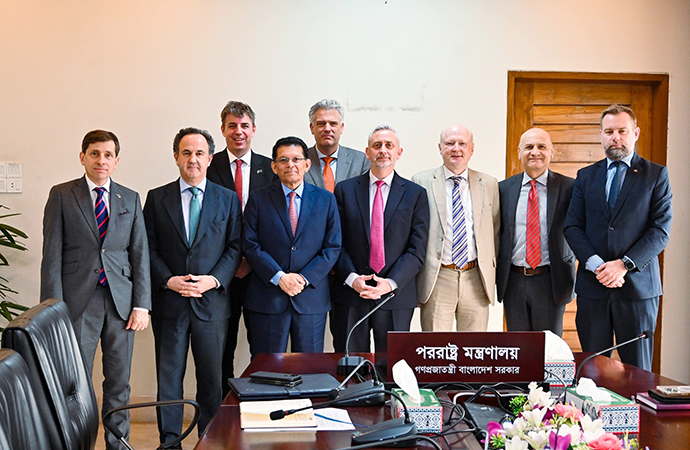
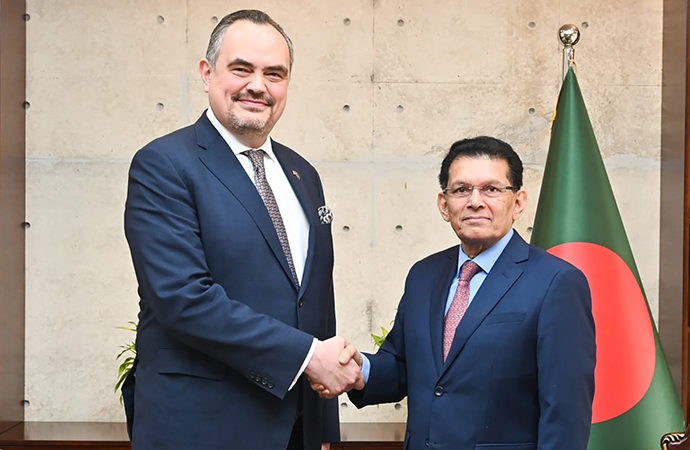







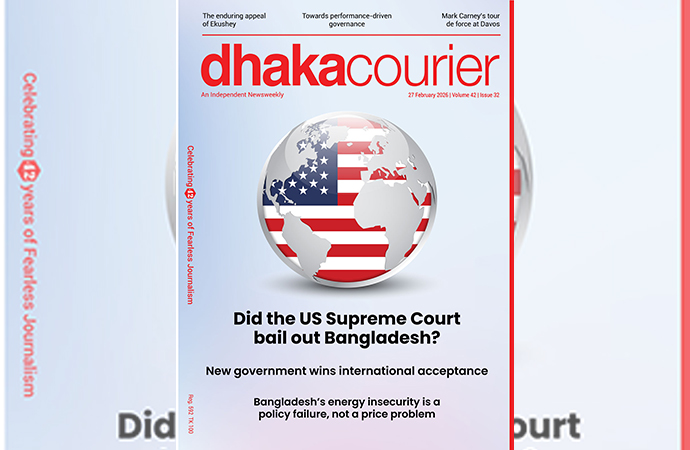





Leave a Comment
Recent Posts
Bangladesh’s first drought-res ...
In a groundbreaking development for Bangladesh’s agriculture, Ga ...
US and Iran hold another round ...
Iran and the United States were holding another round of indirect talk ...
An early hiccup for the new government?
Japan invites PM Tarique, eyes cooperation with Bang ..
Bangladesh to achieve sustained growth, prosperity u ..
Dhaka indicates ‘forward looking, balanced partnersh ..